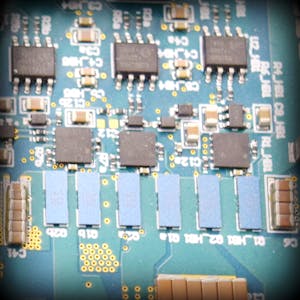500 Electronic Projects for Inventors with tested circuits
This book is intended for all of the people who are passionate about innovation. It contains 500 exciting projects that have a detailed functional description and electronic circuits. The target audience for this book is engineering students and electronics hobbyists. It is a massive library of ideas for unique projects and fresh creations. This handbook is for people who want to do creative projects using open-source tools and methods. It has a lot of ideas for how to do creative projects and make something new for society.
This book is divided into four chapters, beginning with
Basic electronic components and progressing to an
Introduction to Arduino sensors and boards,
ESP8266 NodeMCU, ESPp32, and
Raspberry Pi.
300 electronic project ideas with tested circuits are included in the second chapter.
The third chapter has 100+ Arduino projects. In the fourth chapter, there are 100 fascinating projects for esp8266 NodeMCU, esp32, and finally troubleshooting electronic components. Additionally, it contains operational fundamentals for open-source electronics, allowing college students, schoolchildren, and hobbyists to study electronics through useful schematic diagrams at all levels from beginner to expert. I hope that students and researchers will find this project book valuable for their mini-projects and an outstanding project guide for science fair projects and new inventive endeavors.
When most of us think of the word "Education," the first thing that comes to mind is the kind of formal learning that takes place in elementary, middle, and high schools as well as in colleges. Although this is not the only form of education, tacit and practical knowledge is something that we often cannot learn by reading books; it is obtained through real-world problems and practice, and it relates to experience, intuition, ideals, creative thinking, emotions, values, skills, and attitudes. Project-based learning creates the next generation of STEAM programs and tacit knowledge that give students the power to learn creatively in middle school, high school, and college and help them do well.
Learning through collaborative projects will ultimately result in the student experiencing a more profound impact on their education. It also makes the part about understanding more fun, since students can understand more when they learn in a group. Thus, let's focus on many easy Arduino, esp8266 NodeMCU, and esp32 projects to boost student creativity. Due to the fact that the electronic project is always operational and enhances the current system, students might ultimately acquire a practical, forward-thinking perspective.
“Tell me and I forget, teach me and I may remember, involve me and I learn” — Benjamin Franklin
























No comments